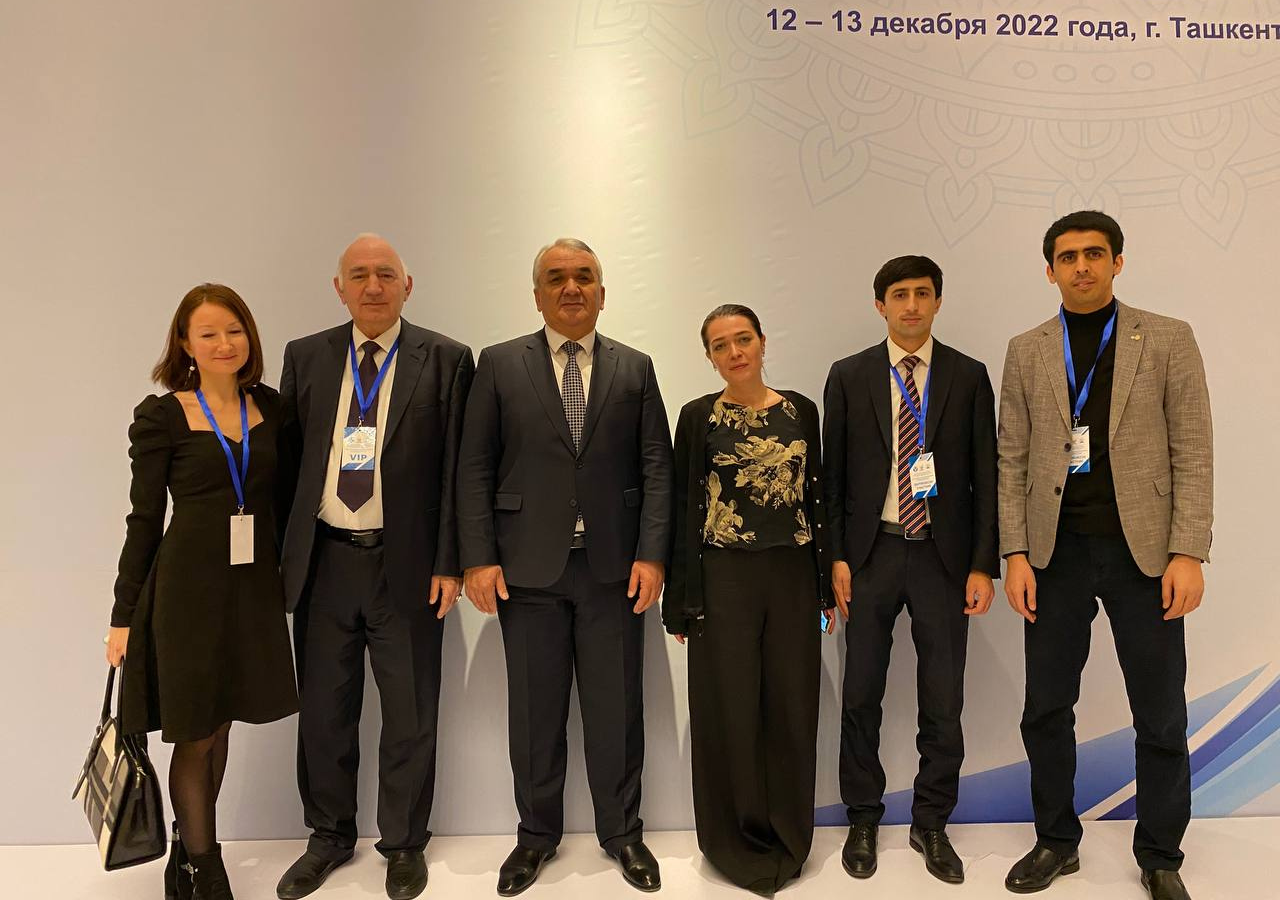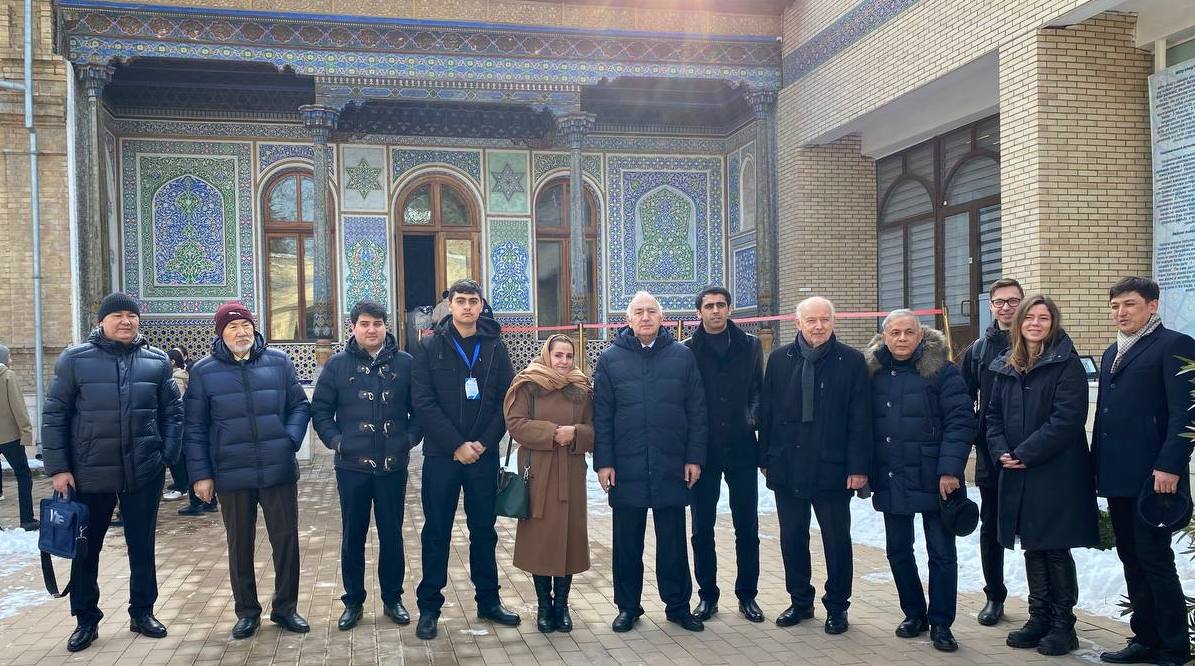The award was presented at the Creative and Scientific Intelligentsia Forum of CIS Members, which was held last month.
“The honour is awarded every two years to a representative from the Commonwealth of Independent States (CIS), who has made a significant contribution to science and culture,” explained Dr Shahbozov, who was among five scholars nominated in 2021.
Hailing from the Nishusp Village in Shughnan, Badakhshan, Dr Shahbozov is a mathematician in Tajikistan. He graduated from Tajik State University with a degree in mathematics, and is today a doctor of physic-mathematics sciences, having published more than 80 scientific papers.
His journey began in the 1960s.
“I will never forget the day when I won first place in a math competition back in 1967 when I was studying in the 8th Grade,” recalled Dr Shahbozov. “Even though I later received my doctorate and became a professor and an academic, that one day when I received a medal, it linked my entire life with math. That day I told myself that I would become a math scholar and dedicated my whole life to it. That one day holds a very special place in my heart.”
Today, Dr Shahbozov teaches at the National Academy of Sciences of Tajikistan and continues making significant contributions to the field he has been passionate about since his childhood.
“I think my 45-year effort in math has recently come to fruition. Maybe another reason for being awarded the prize is supervising many students in math and physics throughout my career and for my work in finding solutions for different math problems,” he added.
His former students now work in various posts in higher education institutions and ministries. Some serve as rectors, deans, and chairmen of departments at universities across Tajikistan. Many would have closely followed proceedings at the Creative and Scientific Intelligentsia Forum.
The event’s main theme was “Humanitarian cooperation: The experience of 30 years and prospects for development,” which involved discussions around strengthening cooperation between the countries of the Commonwealth. Held annually since 2006, the event’s participants discuss plans for joint action, and develop recommendations for cooperation in education, science, culture, information, sports, tourism, and youth involvement.
Participants included heads of ministries, representatives of international organisations, public associations, and scholars representing the sciences, culture, and education in the Commonwealth countries.
The period between 2020-2040 has been declared as an important period for the development of natural and hard sciences in the Republic of Tajikistan. Looking ahead, Dr Shahbozov believes that by bringing change to some programmes in schools and higher education institutions, the initiative can prepare seasoned scholars in Tajikistan: “All the scholars in physics and math can orient their effort to find and develop the best scientists among the youth. If this happens, during the next 20 years, the number of young mathematicians will increase in the country.”
Asked whether his own success is a result of hard work or pure talent, he smiled, noting that talent only takes one so far. “This question has been answered by many before,” he said. “For example, the great physicist–mathematician of the 20th century, Albert Einstein, said that everyone has talent. Genius is only 1 percent talent and 99 percent hard work. Whatever I have achieved is due to my lifelong hard work.”









